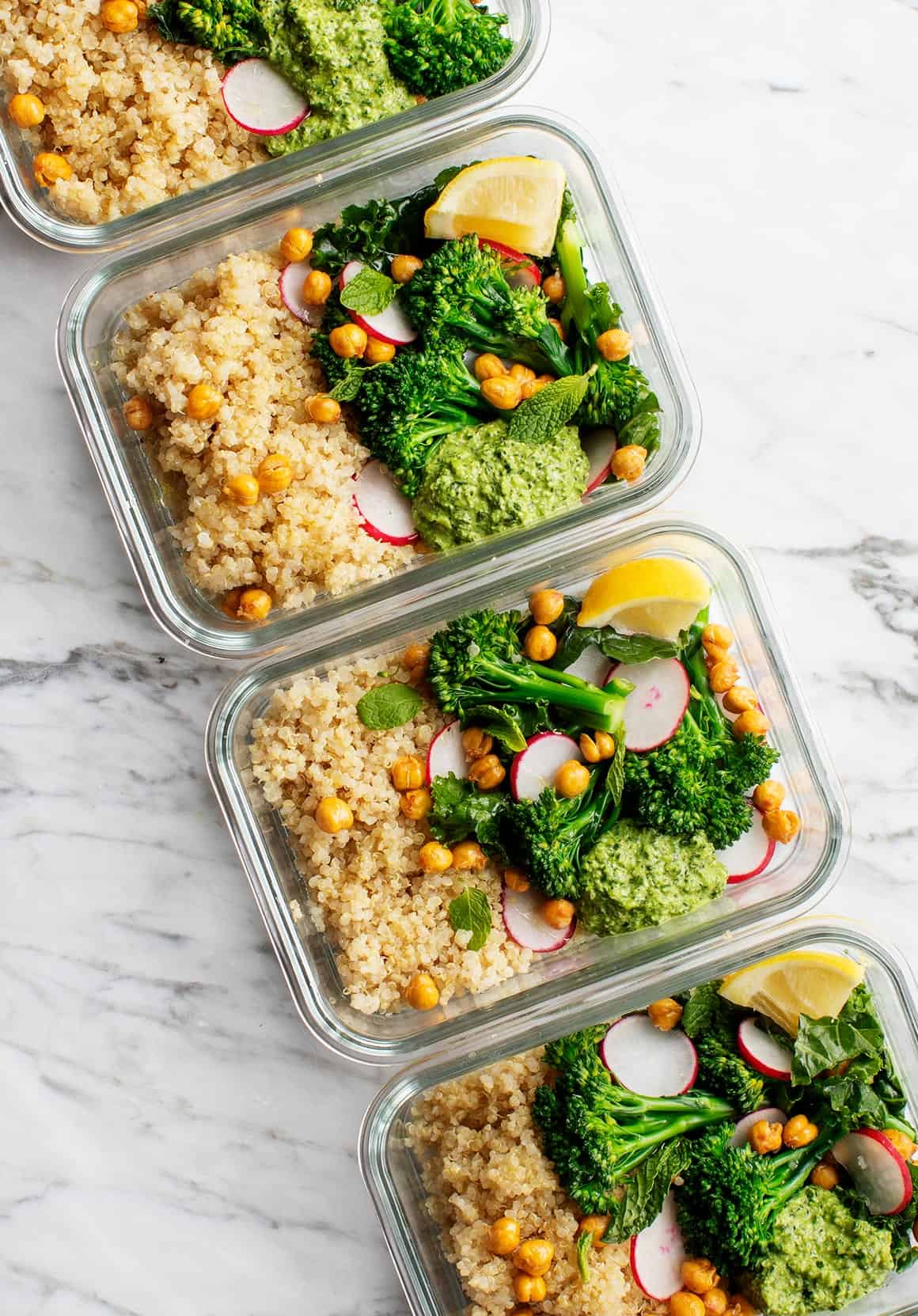The Ultimate Parent’s Guide To Cooking Healthy Meals
Hello, dear parents and caregivers! Do you often find yourself staring at the refrigerator, wondering how to create a nourishing, balanced meal for your loved ones? Don’t fret! You’re not alone, and we’re here to help you journey from baffled beginner to star home chef. Welcome to our ultimate parent’s guide to cooking healthy meals. Let’s jump-start your path to a healthier lifestyle for your whole family!
Understanding the Basics of Healthy Eating
Before we dive deep into fabulous recipes and cooking techniques,
why is healthy eating important?
A well-balanced diet provides all the essential nutrients your children need to grow and thrive. It’s vital for strengthening their immune system, increasing their concentration levels during school, and boosting overall well-being. Plus, early established healthy habits can set the standard for lifelong choices.
What does a healthy meal look like?
Navigating the wealth of diet trends and nutritional information out there can be daunting. A key principle is to balance. Ensure that every meal contains a mix of protein sources, ample veggies, whole grains, and healthy fats.
Reimagining Your Family’s Favorite Dishes
It’s possible to keep the taste of those meals your family loves, but just with healthier ingredient switches. Think sweet potato fries instead of traditional chips or a swap to whole grain pasta. Let’s explore this further!
Revamp your pasta nights
Did you know whole wheat pasta contains up to three times more fiber than white pasta? Try switching to whole grain options or even vegetable pasta like zucchini or spaghetti squash. This little switch can be a huge stride towards better health!
There’s so much to unwrap when it comes to embarking on a journey of cooking healthy meals, but we believe in you, and we’re here to assist. Stay tuned for more practical tips, easy-to-follow recipes, time-saving secrets, and other gems, all designed to help you serve your family love-filled, mouth-watering, nutritious meals. Happy healthy cooking everyone!

Nutrition-Packed Breakfast Ideas
Breakfast sets the tone for the day. It fuels your kids’ minds and bodies. So, let’s make it healthy and delicious.
Overnight oats
Overnight oats are an easy, quick, and customizable breakfast solution. Mix oats with Greek yogurt and a splash of milk, and let it sit overnight. In the morning, feel free to go wild with toppings. Fresh fruits, nuts, seeds, or a drizzle of honey will not only make this more appealing to your kids but also elevate its nutritional value.
Scrambled tofu
Scrambled tofu is a great vegan, protein-packed alternative to scrambled eggs. Toss in some vegetables for added vitamins and minerals, and serve with whole grain toast for a balanced breakfast.
Smart Snacks for Healthy Munching
Between meals, kids usually need a pick-me-up. Instead of reaching out for processed snacks, try these ideas:
Fruit skewers
Make eating fruits fun by arranging them on skewers. This can become an enjoyable activity for your kids. Plus, they’ll devour vitamin-packed fruits in no time!
Edamame
Rich in protein and fiber, edamame is an age-old Japanese snack that’s nutritious and genuinely addictive.
Sensible Drinks
Lastly, let’s not forget the drinks. They play a significant role in your children’s overall diet.
Water & Milk
Most importantly, ensure your children are drinking enough water. Regular milk intake is also good for their growing bones.
Smoothies
Lastly, homemade smoothies can be an excellent way to sneak in some vegetables in your kids’ diets. You can mix fruits, leafy greens, yogurt, and even oats.
Breaking away from established, unhealthy food habits may not be an easy task. But remember, small, gradual changes make a big difference. And in the end, the reward of a healthier, happier family is worth every effort!
Preparing to Cook Healthy Meals: A Guide for Parents
As a parent, you are always looking for the best ways to maintain your child’s health and well-being. One excellent step towards this is learning how to cook nutritious meals. Let’s explore five important things every parent should consider when preparing for a healthy meal plan.
1. Understanding Nutritional Requirements
Educate yourself on the nutritional needs of your children based on their age, activity level, and health conditions. This will help you choose the right food groups and maintain balanced meals in terms of vitamins, proteins, carbohydrates, and minerals.
2. Experimenting with Variety
Incorporate a variety of vegetables, fruits, whole grains, proteins, and dairy products into meals. A diverse mix of foods not only helps to cover all nutritional bases but also keeps meals exciting and enjoyable.
3. Cutting Down on Processed Foods
Process foods are typically high in sodium, unhealthy fats, and sugars. Opt for fresh ingredients whenever possible. Natural food items are healthier and give you more control over your family’s sodium, sugar, and fat intake.
4. Prioritizing Portion Control
Health isn’t solely about what you eat, but how much you eat. Learning about and implementing portion control can prevent overeating and ensure that your family is getting just the right amount of nutrients they need.
5. Involving the Kids in Meal Preparation
Involving your children in cooking not only fosters a love for healthy eating but also teaches them invaluable life skills. This can also be a great interactive learning opportunity about nutrition and health.
To prepare healthy meals efficiently as a parent, it is crucial that you stay informed and be creative with your food choices. It’s about creating an enjoyable, delicious, and nutrition-rich eating experience for the family. Remember, nutrition and enjoyment can go hand in hand with the right approach to meal prep.+=
For more great articles please see here. For more information see here
Disclaimer
The articles available via our website provide general information only and we strongly urge readers to exercise caution and conduct their own thorough research and fact-checking. The information presented should not be taken as absolute truth, and, to the maximum extent permitted by law, we will not be held liable for any inaccuracies or errors in the content. It is essential for individuals to independently verify and validate the information before making any decisions or taking any actions based on the articles.




